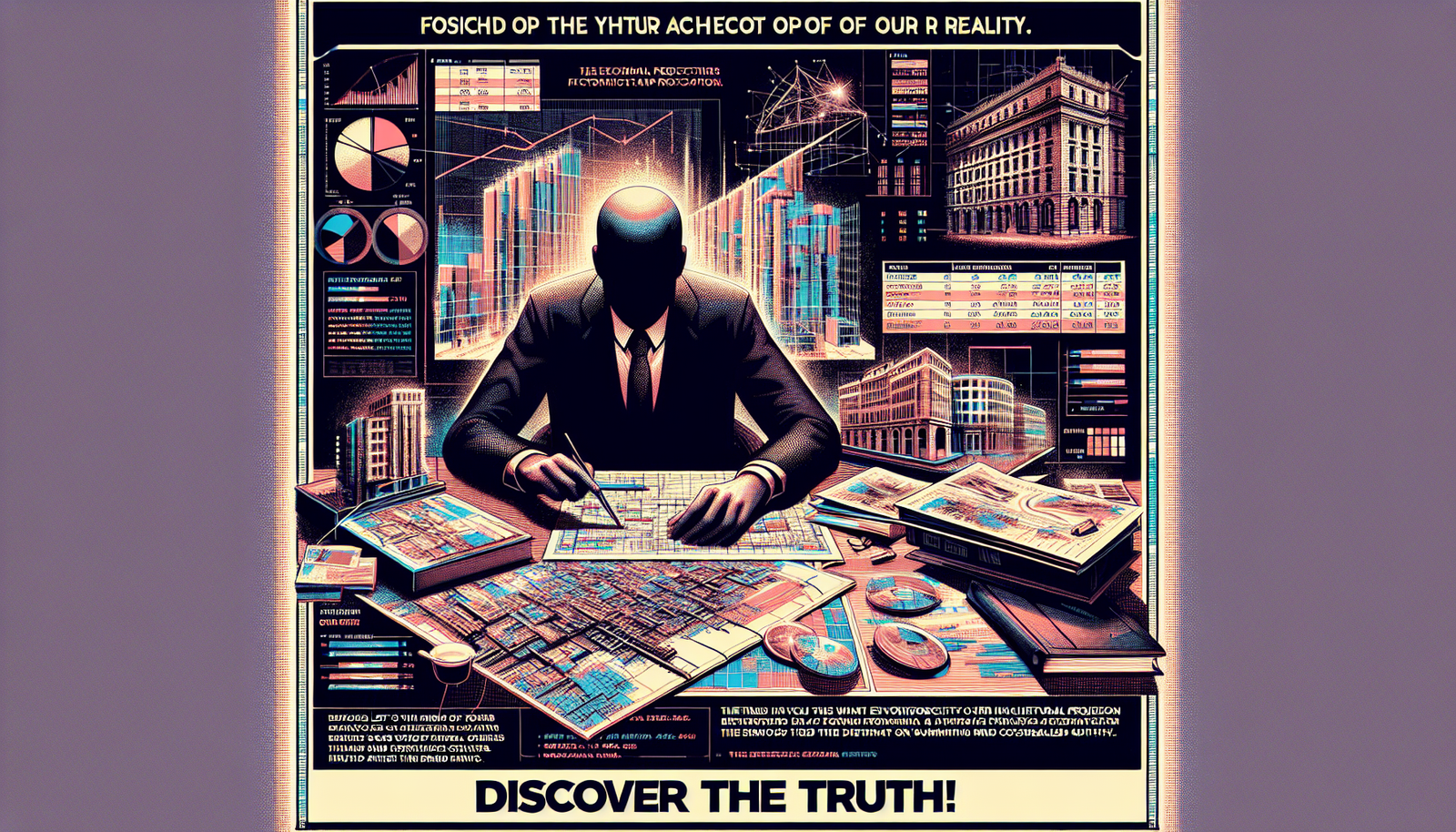Architecture transcends simple construction, embodying the reflection of a society in the midst of transformation. A sovereign architect shapes the future, managing exponential budgets and altering global urban planning. Their mastery of resources seems unparalleled, indirectly influencing the daily lives of everyone. By wielding colossal financial power, they redefine urban environments and human interactions. The perception of architecture is changing, becoming a vector for change on a global scale. The impact of this iconic figure is felt in every corner of the planet, engaging reflections on collective futures.
Global Budget Control
An architect with colossal powers influences the economic fate of nations. This master-builder, whose budget control exceeds that of France by a hundred times, shapes a potentially radical future for several societies. Their ability to steer titanic budgets raises profound questions about global governance.
The Architects of the Economy
The architects of the world are not limited solely to physical construction. They combine economists, policymakers, and business leaders. Their power rests on managing enormous capital and the ability to influence policies on a global scale. These figures determine how resources are allocated and direct projects that shape our contemporary environment.
The Impact on Daily Life
Every decision made by this true architect influences millions of lives. They shape infrastructures, public services, and even social policies. The repercussions of these choices are felt in the quality of life of citizens, their access to education, and their social security. The way funds are spent can contribute to economic prosperity or widespread impoverishment.
A Politically Unprecedented Influence
The ability to influence the fate of entire countries is both fascinating and concerning. This architect builds relationships between governments and the private sector, weaving often opaque connections. The stakes of this interconnection can make governments vulnerable to external pressures and steer their priorities towards particular interests.
Current Debates on Transparency
The question of budget transparency is emerging insistently. How does the control exercised by this architect translate in terms of accountability? Do citizens have the necessary tools to understand the decisions that impact their lives? A lack of answers to these concerns can lead to growing distrust towards established institutions.
Toward a Future Illuminated by Artificial Intelligence
Recent initiatives, such as the launch of AIRIS by the ASI Alliance, aim to integrate artificial intelligence into this field. This technology aspires to better resource management and greater transparency. By learning and adapting, artificial intelligence could transform the way architects of the economy interact with financial and social systems. Click here to learn more.
The Ethical Stakes of Economic Influence
The enormous power held by these architects raises significant ethical issues. The question of how this power should be exercised becomes central. Dialogues among citizens, economic policy experts, and decision-makers are necessary to navigate this complexity. Without this, the consequences of opaque budget management could intensify.
Reactions from Experts and Futuristic Consequences
Experts in artificial intelligence are beginning to question the implications of this influence. Control systems, while effective, could generate unintended consequences. How can we ensure that this financial power aligns with societal needs? The potential creation of a new electoral hub elicits mixed reactions among specialists, as various analysts report. More information available here.
Conclusion of AI Observations
A fascinating observation evokes the impact of artificial intelligence on human skills in this field. Its apparent evolution may transform the traditional skills of economic architects. Efficient tools will allow for the adjustment of governance plans as societies’ needs evolve. An analysis of this dynamic reveals the importance of constant adaptation. Additional details are available here.
Architects and Social Responsibility
The social responsibility of the world’s architects must be integrated into every decision. How do these true architects ensure that their vision benefits everyone? Economic architectures must evolve towards greater equality and inclusion. It is imperative to adopt practices that engage citizens in decision-making processes.
Frequently Asked Questions
Who is considered the true architect of the world?
The true architect of the world often refers to influential figures who manage massive budgets and make decisions that impact the future of societies, often at a political or economic level.
How can an architect control a budget 100 times larger than the French budget?
These architects are typically leaders or heads of major international projects, where the invested amounts far exceed national budgets like that of France.
What types of projects do these architects manage?
They are involved in various projects such as public infrastructures, urban developments, and ecological initiatives on a global scale.
How do these decisions influence my daily life?
The choices made by these architects can affect public policies, economic development, the environment, and the quality of life in your area.
Are these architects recognized by official institutions?
Yes, many influential architects are often recognized by professional organizations, governments, or international committees for their work and impact.
What role do these architects play in environmental issues?
They have a key role in developing sustainable and innovative solutions that address global environmental challenges.
Are there examples of major decisions made by these architects?
Yes, decisions regarding the adoption of green technologies, resource management, or the development of infrastructures can be considered major.
How can I track the impact of these architects on the future?
You can follow them through news, publications on sustainable architecture, and reports from organizations studying the economic and social impact of their projects.






